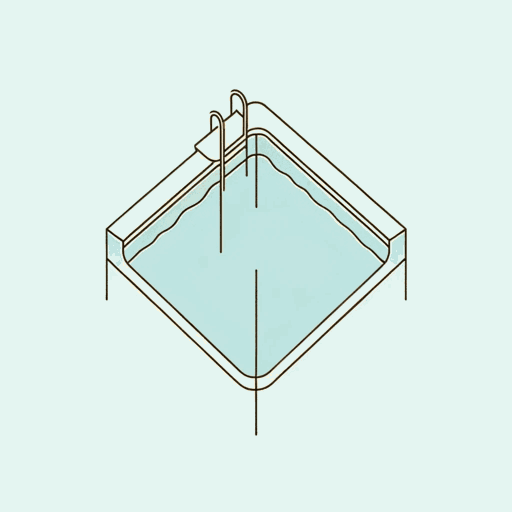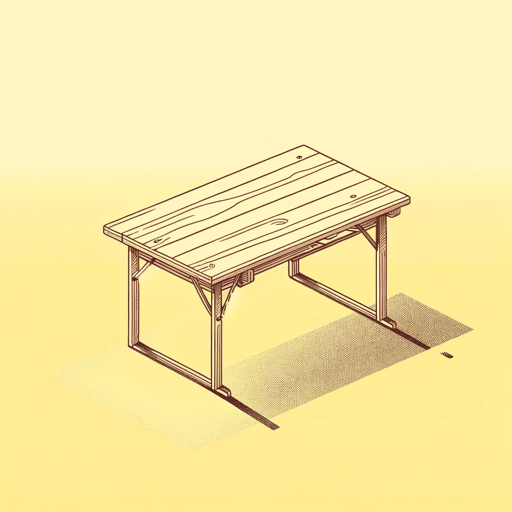30 pages • 1 hour read
John CheeverThe Swimmer
Fiction | Short Story | Adult | Published in 1964A modern alternative to SparkNotes and CliffsNotes, SuperSummary offers high-quality Study Guides with detailed chapter summaries and analysis of major themes, characters, and more.
Summary and Study Guide
Summary: “The Swimmer”
“The Swimmer” is a short story by John Cheever that was originally published in The New Yorker in 1964. The story is told in third-person limited narration and utilizes elements of Surrealism. The narrative draws on the myth of Narcissus and alludes to Homer’s The Odyssey while exploring the dynamics of post–World War II American suburbia.
Content Warning: The source material and this guide include references to alcohol addiction.
“The Swimmer” opens on Neddy Merrill, an upper-middle-class suburbanite living in the Northeastern United States. Neddy and his wife, Lucinda, are enjoying a beautiful lazy summer Sunday drinking by the pool owned by their neighbors Donald and Helen Westerhazy. Along with all the other residents of the area, they complain that they “drank too much” the night before (Paragraph 1). Neddy decides that, rather than returning home from the Westerhazys’ by car, he will swim across every pool in the county to reach his house eight miles away. Envisioning this journey as an identity-affirming odyssey, Neddy imagines the line of suburban swimming pools as a newly-discovered stream, which he plans to name after his wife, Lucinda.
Neddy’s first stop after the Westerhazys’ is the Grahams’. Neddy accepts another drink from Mrs. Graham and then slips away as her friends arrive. Next, Neddy swims across the Hammers’ pool without being noticed. He does the same at the Lears’ house and successfully crosses two more pools whose owners are out of town.
Neddy then comes upon the Bunkers’ house, where there is a party going on. The chatter of voices seems to bounce off the water of the pool. Most of the people are not in the pool, but all are drinking. Neddy notices faint thunder in the distance, and he has another drink. Next, he goes to the Levys’ house, but the house is empty, as though the family left. Neddy swims the length of the pool and pours himself another drink from the outside bar. He notices storm clouds getting closer and is unsure of the time. It begins to rain, and Neddy takes cover in the gazebo. The storm causes a chill, and Neddy notices the wind has shaken some leaves from a tree.
Preparing to brave the cold, Neddy once again sets off and crosses the Lindleys’ yard on his way to the Welchers’ pool, only to find the former seemingly abandoned and the latter drained of water. Neddy sees that the Welchers’ house is up for sale but seems to remember speaking with them only a week ago. He begins to fear he is having memory problems, wondering how much time has passed since he left the Westerhazys’ house.
Neddy must cross Route 424 to get to his next destination. As he stands at the side of the highway in his swimming trunks, motorists laugh, and one throws a beer can at him. When he finally gets across, Neddy approaches the Recreation Center. He resents having to shower before using the pool and feels a distaste for swimming with the masses. He also notes that the water amplifies the sound of people’s “shrill” voices. The lifeguards order him to leave when they notice he is not wearing an identification disk. Neddy leaves the Recreation Center and approaches the woods behind the Hallorans’ property.
The Hallorans are a wealthy older couple, rumored to be Communists, and prefer to swim nude. As Neddy approaches, Mrs. Halloran remarks how sorry she is to hear of Neddy’s “misfortunes.” She infers that he sold his house and something terrible happened to his daughters, none of which Neddy is able to recall. Neddy once again notices the chill and the falling leaves and smells wood smoke. He notices that his shorts feel loose and his limbs ache. Desperate for another drink, he visits the Hallorans’ daughter, Helen Sachs, and her husband, Eric, who live in a small house on the older couple’s property. Helen apologizes, stating they no longer keep alcohol in the house since Eric had surgery to remove his navel. Eric has large scars across his stomach, but Neddy has no memory of his friend being sick. Helen tells Neddy to go to the Biswangers’ two houses down, where they are having a party. Neddy tells Helen that he and Lucinda will meet with them soon.
Neddy expects an enthusiastic welcome at the Biswangers’. He and Lucinda look down on the couple as their social inferiors and have always declined their invitations. The Biswangers’ house is packed, but the pool is vacant, with a “wintry gleam.” Grace Biswanger rebukes Neddy for gatecrashing the party but reluctantly allows him to have a drink. At the bar, Neddy hears Grace complaining about someone who recently lost all his money and came to the house drunk, asking for a loan.
Neddy moves on to the house of Shirley Adams, who was once his mistress. He recalls how Shirley cried when he called off the affair and anticipates she will be glad to see him. However, Shirley tells Neddy to grow up and stop asking her for money. Neddy asks for a drink, but Shirley refuses, as she is entertaining a younger man. After he swims across her pool, Neddy finds it difficult to hoist himself out of the water. He looks up at the sky, now dark, and sees autumn constellations instead of summer stars. He begins to cry for the first time since he was a child.
The final house before Neddy’s belongs to the Clydes, and he is so exhausted that he barely makes it across their pool and back home. Stumbling up his driveway, he realizes the doors to his house are locked, and no one is inside. Neddy assumes his cook or maid must have locked the house in error, but then he remembers that they no longer have hired help. The door handles are rusted, and the house looks to be in disrepair. Neddy looks in the windows to find the house completely empty.
Related Titles
By John Cheever





